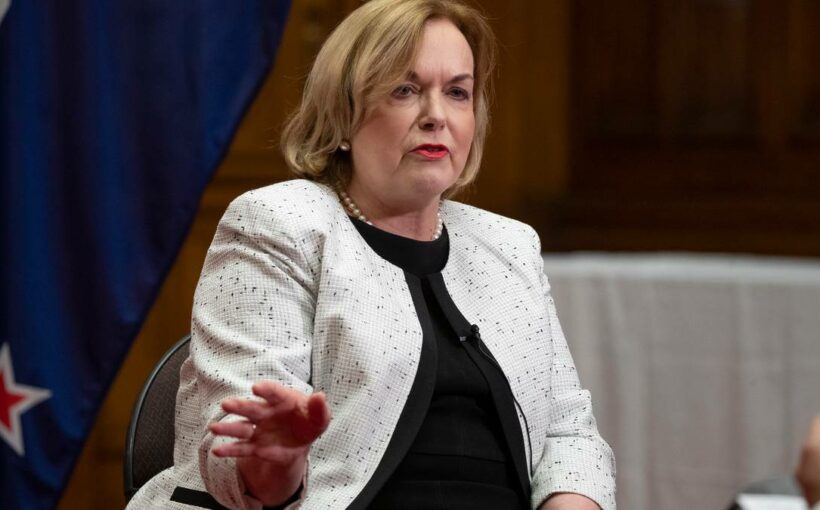OPINION:
One factor that could persuade National MPs to support Christopher Luxon over Simon Bridges is that ex-leader Judith Collins is likely to behave herself under Luxon but is likely to undermine a Bridges leadership.
Collins has not indicated she would sabotage any comeback by Bridges.
But it would almost certainly happen whether by design or by instinct.
It is that unstated promise of menace that might be the deciding factor, however unfair that may be to Bridges.
Collins’ animosity towards Bridges was palpable last week, as talk of a leadership challenge increased.
It better explains her disastrous actions in demoting him on a spurious claim of serious misconduct, triggering the vote of no-confidence in her.
Bridges himself said he could work with Collins. But their recent history suggests it would be a strained relationship at best.
The mutual antipathy is based on mutual disrespect over frustrated leadership ambitions. Despite the pledges of support that one must make to one’s leader, when Bridges was leader, he knew that Collins did not support him and wanted him gone.
Hostilities were suspended after Collins took the leadership before the 2020 election but after it, Bridges modelled his “loyalty” to Collins on hers to him, which was skin deep.
On the day of the no-confidence vote, Collins said she would not only stay as an MP but stand again in Papakura in 2023. Between now and then, she may well be presented with more attractive options.
What to do with Collins in the short-term is a problem not just for Bridges, but Luxon too.
Despite Collins having been a good minister, and a good Opposition spokeswoman before being forced to take the leadership, she will be defined in the short-term by her tumultuous departure.
She deserves respect as a former leader, but in reality she represents division and at this stage is still an electoral liability.
For that reason, she should not be on the front bench of either Luxon or Bridges’ line-up and should not be given high profile portfolios such as justice, health, education, or portfolios in which others are excelling such as immigration or housing.
She might respond to something important she can get her teeth into but which does not give her a daily platform – for example, technology, energy and resources, and perhaps women.
Or like some ex-leaders, she could be without portfolio and be given a few months to work out what she wants to do.
Most ex-leaders of big parties are not a problem. In the last 40 years, most have exited Parliament soon after losing the leadership, in a byelection or at the next election: Sir Jim McLay, Sir Geoffrey Palmer, Jim Bolger, Dame Jenny Shipley, Don Brash, Helen Clark, Sir John Key and Sir Bill English.
Some who have stayed have buried themselves in work, such as Bill English after Don Brash beat him, or worked constructively with the new leadership, such as Andrew Little after caucus lost confidence in him, or negotiated a new job, such as Jim Bolger as Jenny Shipley rolled him.
Badly behaved former leaders, which Judith Collins might join under a Bridges leadership, is a small club in the past 40 years: Sir Robert Muldoon and Mike Moore.
They sought to undermine the leaders that followed them, Jim McLay and Helen Clark, with varying degrees of success.
Clark went on to be a three-term Prime Minister but the internal ructions that bedevilled Labour in the 90s, fuelled by Moore, undoubtedly impacted on them electorally.
Being an ex-leader doesn’t necessarily mean losing power.
Source: Read Full Article

/cloudfront-ap-southeast-2.images.arcpublishing.com/nzme/TZ2SNCJTLAOIOYYNAM3ZAXTNKE.jpg)
/cloudfront-ap-southeast-2.images.arcpublishing.com/nzme/OLUBKOR3MJ4Z2O3P7JJBHGBYZY.jpg)